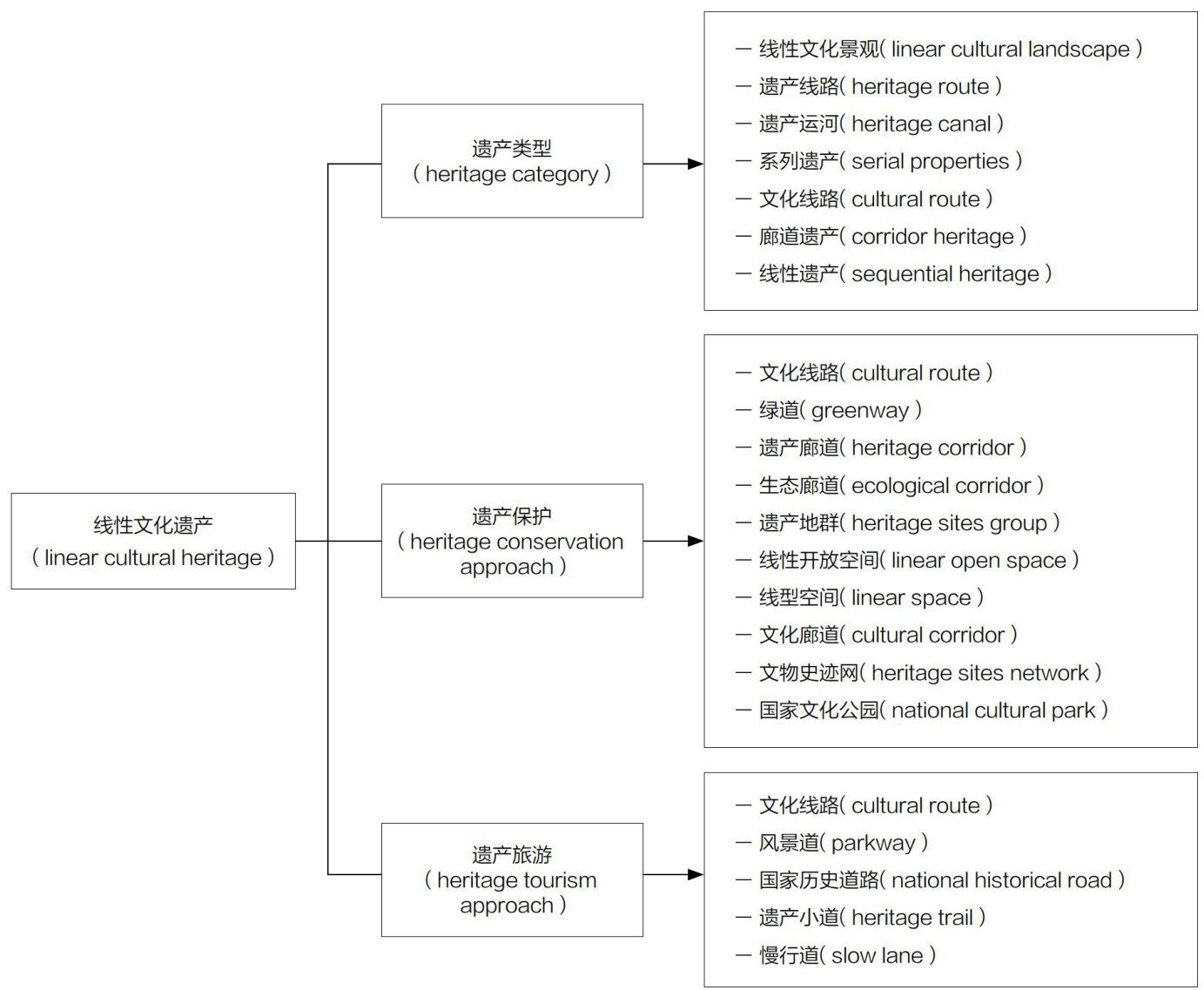线性文化遗产整体性与系统性保护的基础:整体价值认知


打开文本图片集
Abstract: The conservation of cultural heritage is increasingly shifting towards a more holistic and systematic approach that emphasizes integrated conservation, utilization, and transmission. A comprehensive understanding of the holistic value of linear cultural heritage-as a complex system-is a necessary precondition for advancing such holistic and systematic practices. Based on a review of existing research on the concept and values of linear cultural heritage,this study proposes a three-dimensional conceptual framework for holistic value cognition, encompassing spatiotemporal continuity, component compatibility, and value integrity. This framework provides a concrete theoretical reference and practical pathway for implementing holistic and systematic conservation. Specifically, spatiotemporal continuity refers to the historical evolution and cultural continuity of linear cultural heritage across both temporal and spatial dimensions. It constitutes the fundamental physical characteristics of such heritage and|serves as the basis for fostering multi-scalar cultural identity. Component compatibility highlights the adaptability and synergy among different component parts within the heritage system-including tangible and intangible cultural elements as well as natural elements-which are essential for responding to complex socio-environmental changes. Value integrity underscores the multi-dimensional values of linear cultural heritage—historical, scientific,aesthetic, social,and spiritual. These values are interwoven through dynamic, co-constructive processes and collectively represent the richness of cultural diversity and the ultimate goal ofholisticvalue cognition.
Keywords: linear cultural heritage;holistic conservation;systematic conservation;holistic value;integrity
自2005年《实施<世界遗产公约》操作指南》(以下简称《操作指南》)开始将完整性保护原则从自然遗产领域延伸至文化遗产领域以来,引起了文化遗产保护与价值认知的整体性转向。(剩余17439字)